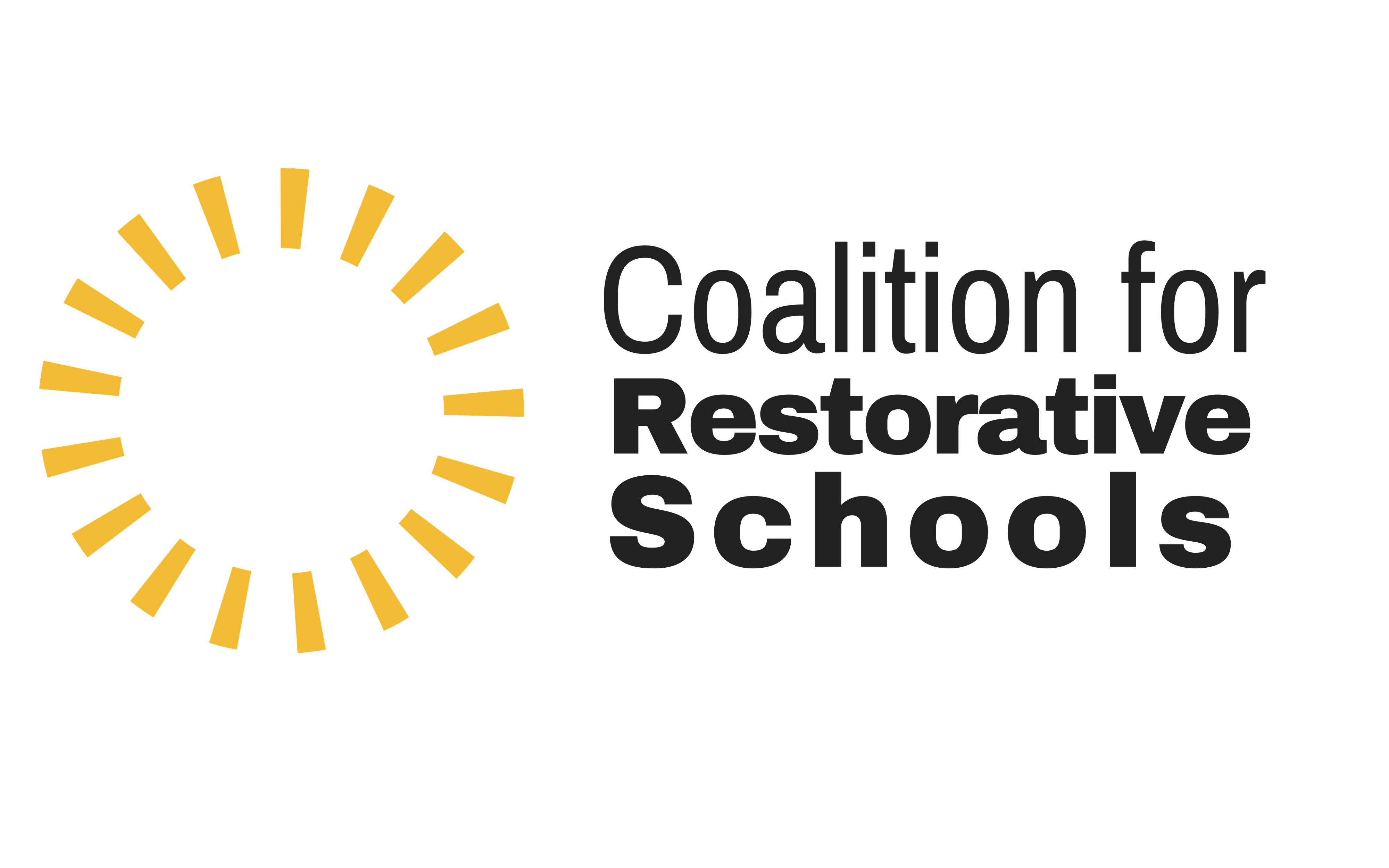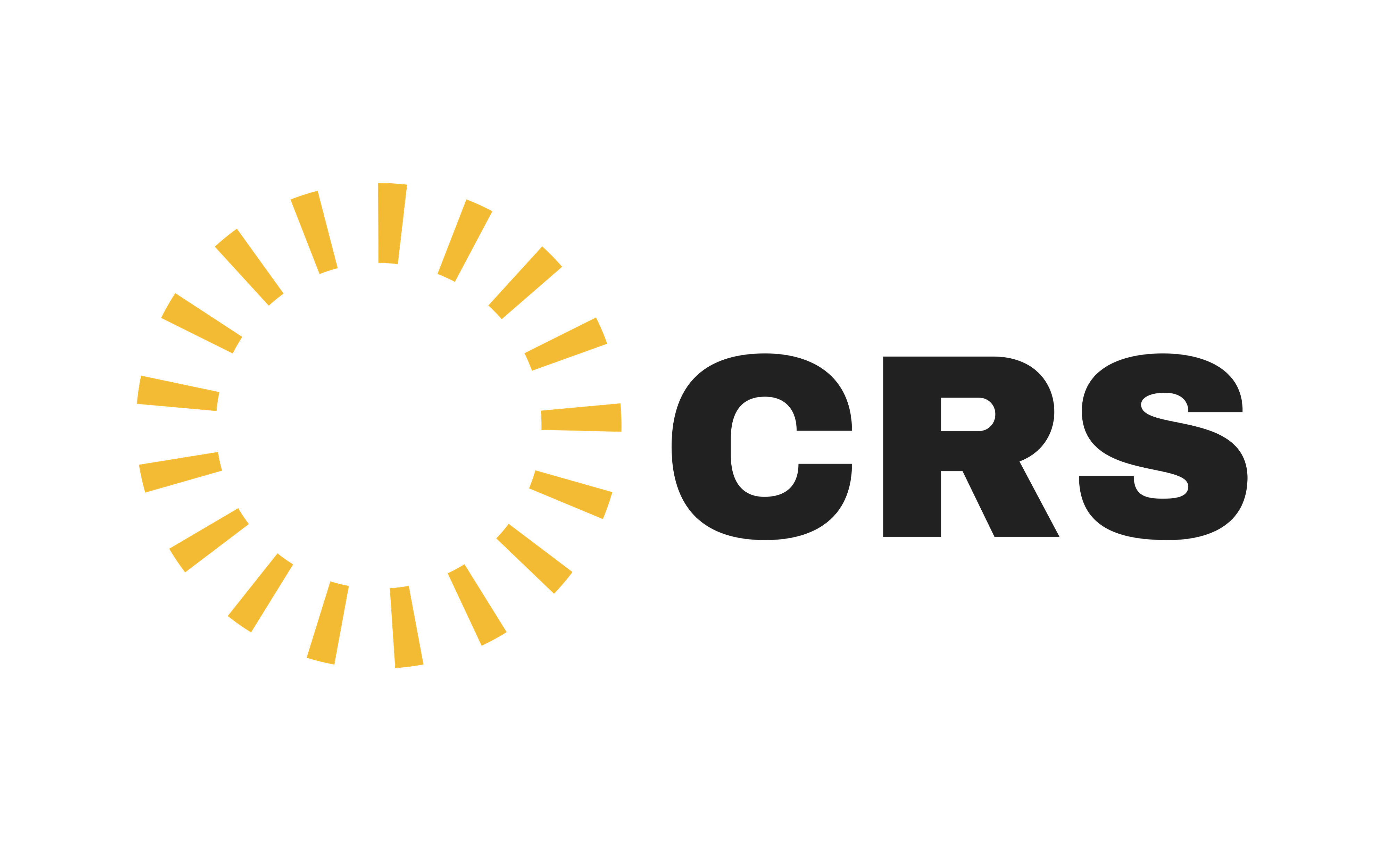make a difference with
hands on training.
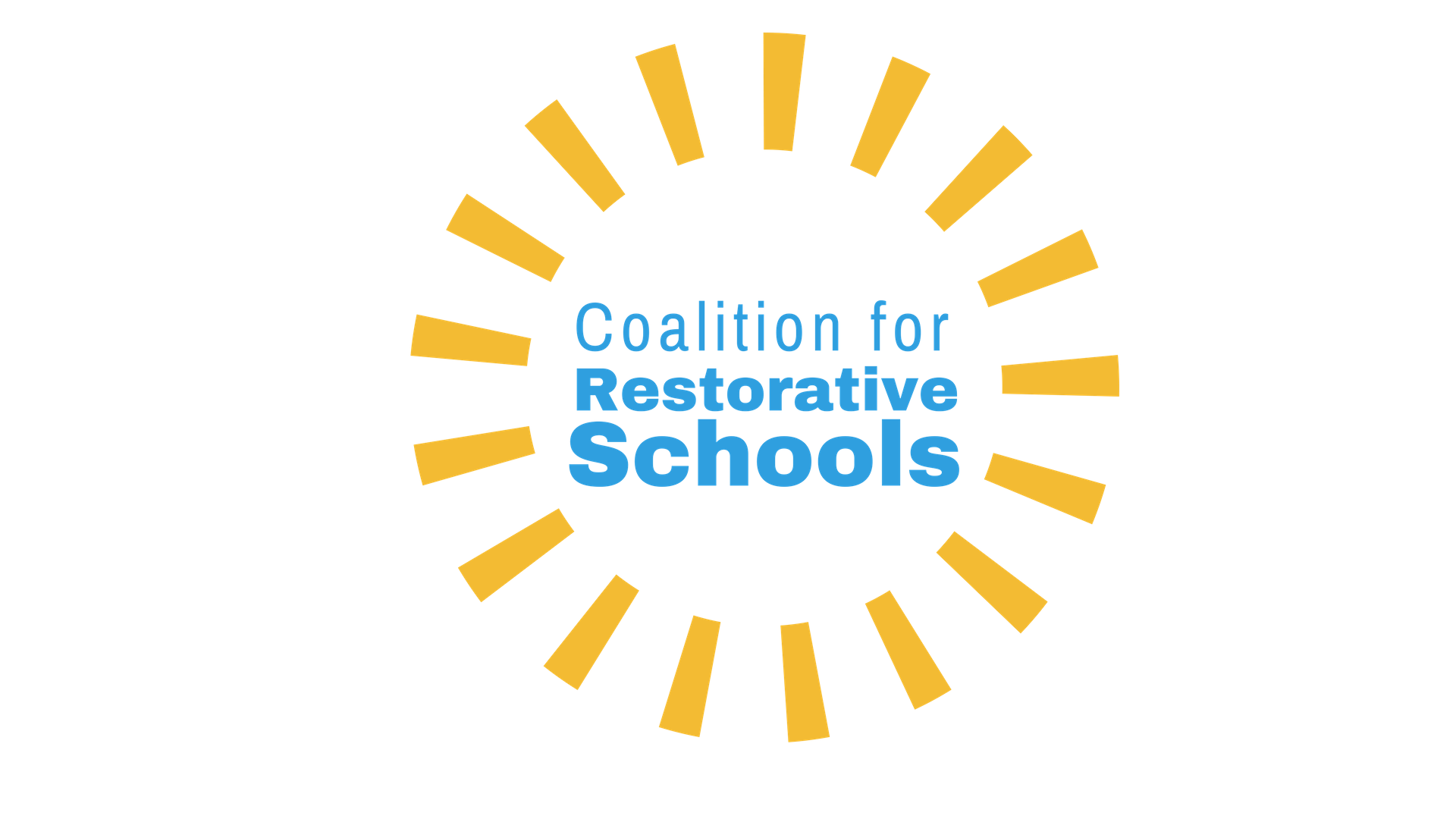
know us more
CRS members include practitioners, classroom teachers, school administrators, nonprofit executives, policymakers and community organizers. CRS members have deep expertise in school-based Restorative Justice practices. Our collaborative approach helps schools to build stronger community and more resilient scholars.
Founder/Executive Director
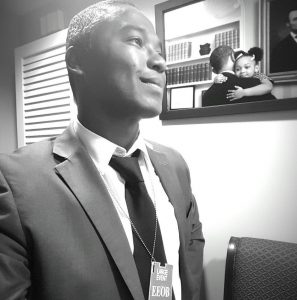
Ali fought hard and with the help of the government and community resources he was able finish school and attend college. He became a student leader at San Diego State when college tuition increases and education cuts threatened to keep many from attending college.
After leaving college, he went to work as a policy aide for then-San Diego Deputy Mayor Juan Vargas, where he worked with underserved communities to improve neighborhood services.
The job was simple – work in the neighborhoods to help create livable communities. This meant working to repair sidewalks, remove graffiti, and target homes that had become havens for drug users and dealers. Ali worked to negotiate joint-use agreements with the school district so that children had a safe-haven to play after school.
For the past two decades, Ali has been organizing with community partners and labor groups to expand access to higher education, promote quality healthcare, create jobs, protect workers’ rights and establish restorative justice practices in K-12 schools.
Ali Cooper knows firsthand how poverty and trauma impact young people. At the age of 5 his father was gunned down in a robbery at a convenience store that he operated with his partner. He would never fully recover from that senseless tragedy. His long battle drained the family of resources both emotionally and financially. His father died when Ali was 15 years old leaving the family in poverty.
Aspiring to make a difference, Ali founded the Coalition for Restorative Schools. CRS delivers high quality restorative justice training to educators. Restorative practices are processes that build healthy relationships and a sense of community to prevent and address conflict and wrongdoing. Schools adopting restorative practices are reducing suspensions and expulsions, improving academic outcomes and fostering healthy school climate and culture.
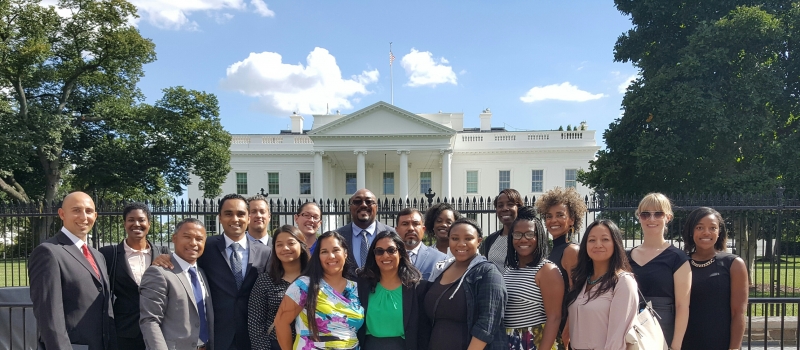
education professionals Ι policy experts Ι community organizers
A place for practitioners and allies to make a difference.
